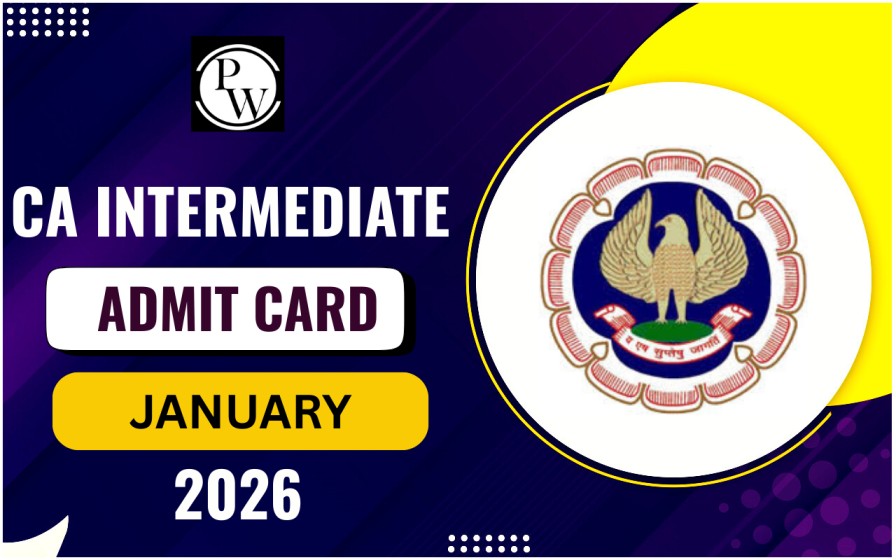
Decision-making is a crucial skill that significantly impacts the success and sustainability of any organization. For aspiring Chartered Accountants (CA), understanding the intricacies of business decision making is essential. Integrating ethics into this process ensures that decisions not only foster growth but also adhere to moral principles, promoting trust and integrity in the business environment.
This article delves into the pivotal role of ethics in business decision making, emphasizing its importance for CA students for CA Exams .Business Decision Making
Business decision making involves choosing among alternatives to achieve the best possible outcome for an organization. It encompasses a wide range of activities, from strategic planning to operational tasks, and requires a thorough analysis of various factors, including financial data, market trends, and potential risks. Effective business decision making ensures that companies remain competitive, innovative, and profitable.Importance of Business Decision Making
The importance of business decision making cannot be overstated. Every choice made within an organization impacts its operations, finances, and reputation. Here are key reasons why business decision making is crucial:- Strategic Direction: Decisions guide the strategic direction of the company, ensuring that it aligns with its vision and mission.
- Resource Allocation: Effective decisions optimize the allocation of resources, maximizing efficiency and minimizing waste.
- Risk Management: Sound business decision making involves assessing potential risks and implementing measures to mitigate them.
- Competitive Advantage : Timely and informed decisions help businesses stay ahead of competitors by adapting to market changes and customer needs.
- Stakeholder Trust: Ethical and well-considered decisions build trust with stakeholders, including employees, customers, investors, and the community.
Also Check: Impact of Digital Economy on Taxation
Role of Ethics in Business Decision Making
Ethics play a pivotal role in business decision making. Here’s how ethics integrate into the decision-making process:Integrity and Transparency
Integrity is the cornerstone of ethical business decision making. Decisions made with integrity foster trust and respect among stakeholders. Transparent practices ensure that all actions are open to scrutiny, promoting accountability. For CA students, understanding the value of integrity and transparency is essential in maintaining professional standards and public confidence.Fairness and Justice
Ethical business decision making demands fairness and justice. This means considering the impact of decisions on all stakeholders and striving for equitable outcomes. For instance, fair treatment of employees, honest dealings with customers, and responsible use of resources are all aspects of ethical decision making that CA students should prioritize.Social Responsibility
Businesses have a responsibility to contribute positively to society. Ethical business decision making includes considering the social and environmental consequences of corporate actions. CA students should be aware of the broader implications of their decisions and strive to promote sustainability and social welfare.Long-Term Perspective
Ethics in business decision-making encourage a long-term perspective. Short-term gains should not compromise long-term sustainability and ethical standards. Decisions that prioritize long-term benefits over immediate profits ensure the enduring success and reputation of the organization. CA students must learn to balance immediate objectives with future implications.Ethical Dilemmas and Decision Making
Ethical dilemmas are inevitable in the business world. CA students should be prepared to navigate these challenges by applying ethical principles and frameworks. For instance, when faced with a conflict of interest, making a decision that upholds ethical standards rather than personal or organizational gain is crucial. Training in ethical decision-making equips CA students with the tools to handle such dilemmas effectively.Case Study: Ethical Decision-Making in Action
Consider a scenario where a company must decide whether to cut costs by outsourcing production to a country with lower labour standards. An ethical approach would involve evaluating the impact on workers’ rights, quality of life, and the company’s reputation. Opting for a decision that upholds ethical labour practices, even at a higher cost, demonstrates a commitment to ethical business decision-making.Ethical Leadership
Leaders set the tone for ethical behaviour within an organization. CA students aspiring to leadership roles must exemplify ethical conduct in their decisions and actions. Ethical leadership fosters a culture of integrity, encouraging employees to adhere to ethical standards. This culture enhances the overall decision-making process, ensuring that ethics are integral to every business choice.Balancing Profit and Ethics
One of the significant challenges in business decision making is balancing profit with ethical considerations. CA students must understand that profitability and ethics are not mutually exclusive. Decisions that prioritize ethics can lead to sustainable success, as they build trust and loyalty among stakeholders. Ethical businesses often enjoy long-term profitability due to their strong reputation and customer support. Prepare for your CA exams with PW CA Courses to excel in ethical business decision-making and achieve your professional goals.Business Decision Making FAQs
What is business decision making?
Why is ethics important in business decision making?
How can CA students incorporate ethics into their decisions?
What are some frameworks for ethical decision making?
Why is ethical leadership crucial in business?










